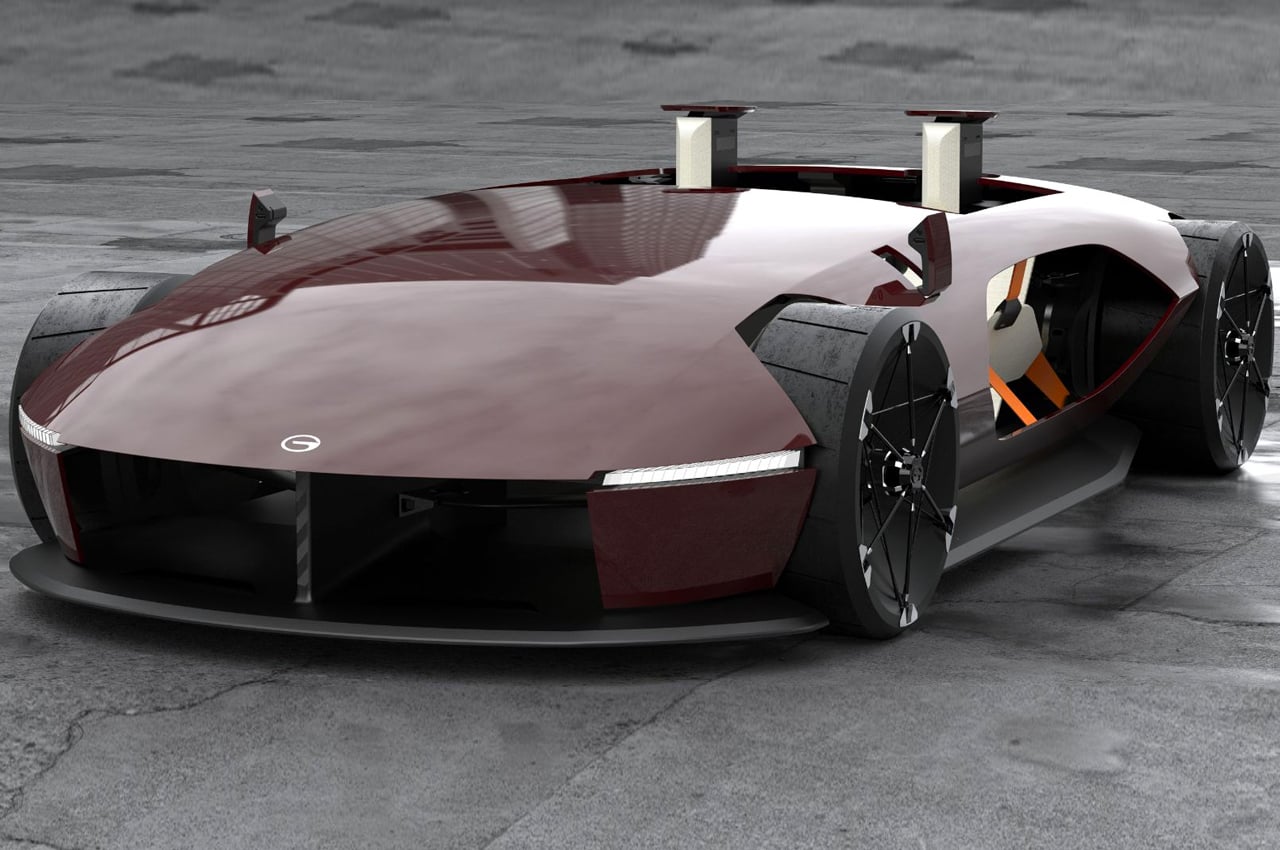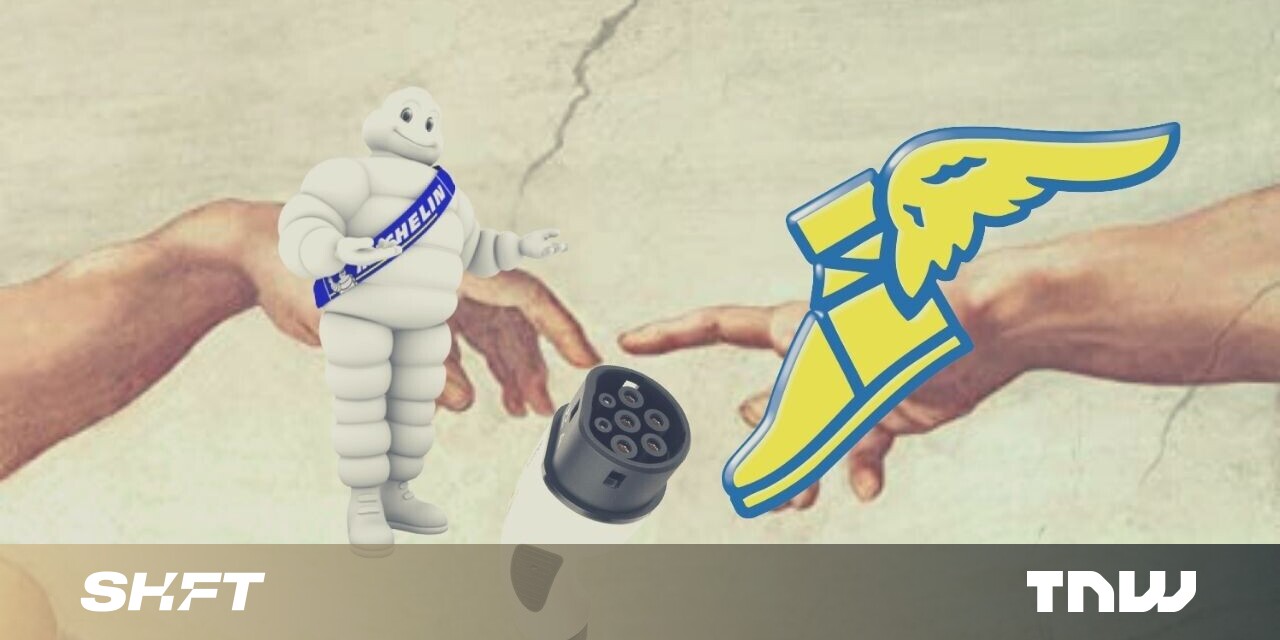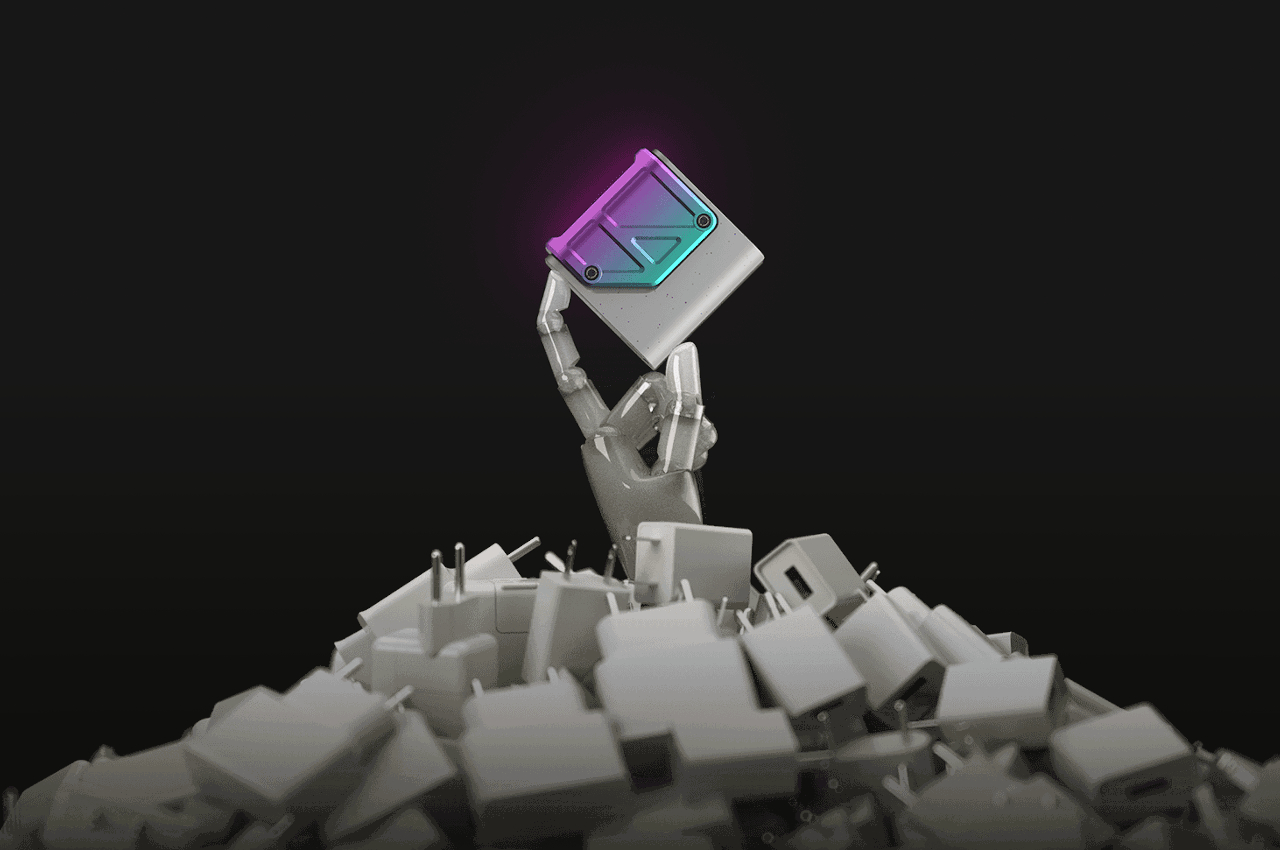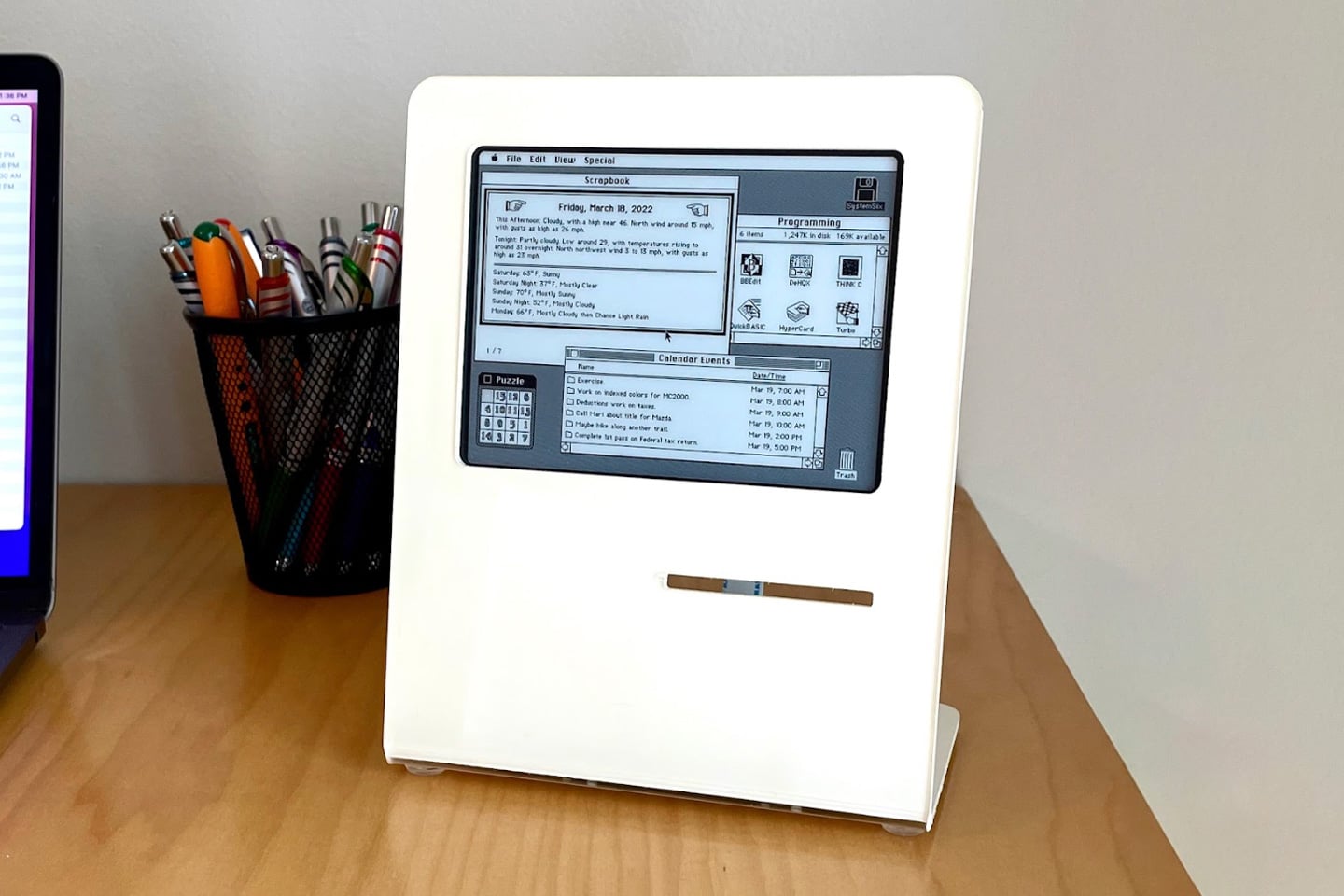#Sorry AI, only humans can invent things, UK supreme court rules
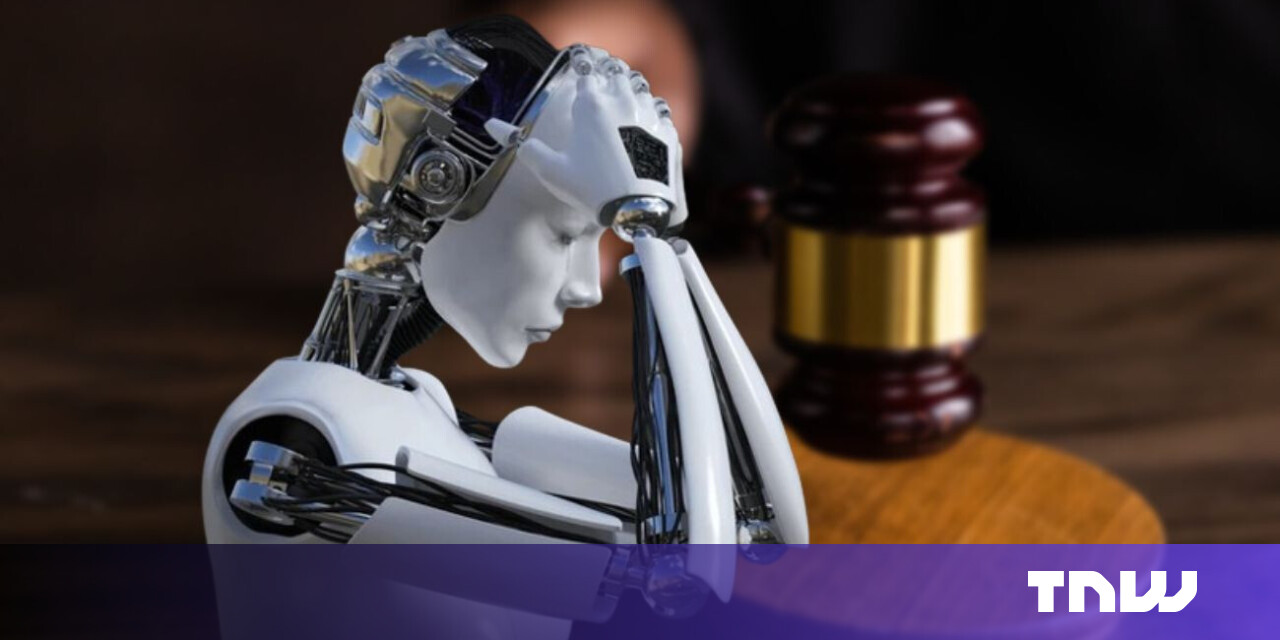
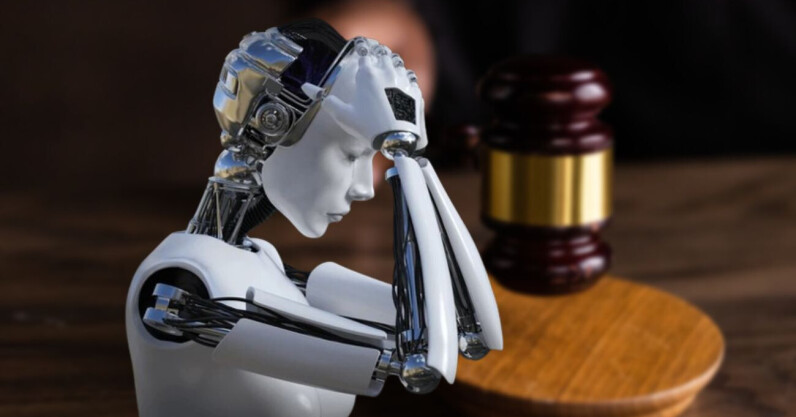
Handing down the judgment on Wednesday, Lord Kitchin said: “We conclude that an ‘inventor’ must be a natural person. Only a person can devise an invention.”
The case was first heard back in 2018 by Imagination Engines founder Stephen Thaler, who sought patents naming his AI machine DABUS as the inventor. Thaler applied to various courts to have DABUS listed as the inventor of a food container that robots can easily grasp, and a flashing warning light designed to attract attention during emergencies.
Both the European Patent Office (EPO) and the United Kingdom Intellectual Property Office (UKIPO) rejected the application, on the grounds that the inventor designated in the application had to be a human being — and not a machine. The decision has now been upheld by the UK supreme court, the first time a case of this nature has been heard in any country’s highest tribunal.
“DABUS, a sentient synthetic organism, did in fact conceive new inventions,” Thaler told TNW, when asked how he felt about the judgement. “Unfortunately no one wanted to commit to a deep dive into the technology itself. Instead belief and prejudice, at a societal level, prevailed.”
TNW Conference 2024 – Calling all Startups to join on June 20-21
Showcase your startup in front of investors, change-makers and potential customers with our curated Startup packages.
Thaler is part of the Artificial Inventor Project, a team of researchers and lawyers seeking intellectual property rights for AI-generated output in the absence of a traditional human inventor or author. They argue that designating AI systems patent rights would encourage businesses to invest in developing AI systems, as they would be more confident that they could patent the results.
While authorities in the US, Europe, and the UK have barely even entertained the idea, DALUS surprisingly secured patent rights in both South Africa and Australia, which sparked a significant backlash.
According to some experts though, issuing machines patent rights might not be as ridiculous as some are making it out.
Given how quickly AI capabilities are expanding, the issue “may need to be addressed again in the future,” Yohan Liyanage, a partner at law firm Linklaters, told Bloomberg. “If the UK government is serious in its aspiration to establish itself as an AI superpower, legislative intervention may be required to allow patentability of inventions which are independently created by AI systems,” she said.
Whatever the case may be, the ruling raises a series of big questions about the role of intelligent machines in our society. For one, if an AI can invent new ideas, why shouldn’t it receive due credit?
Update (15:55 CET, December 21, 2023): This article was updated to reflect Stephen Thaler’s comment
If you liked the article, do not forget to share it with your friends. Follow us on Google News too, click on the star and choose us from your favorites.
For forums sites go to Forum.BuradaBiliyorum.Com
If you want to read more like this article, you can visit our Technology category.
